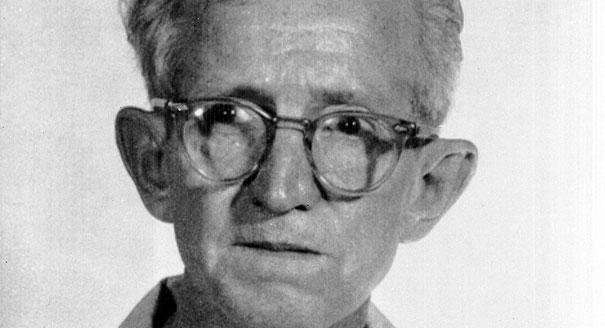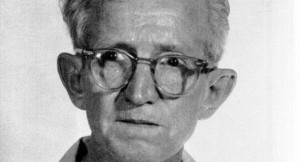
Podcast: Play in new window | Download
Subscribe: RSS
 March 18, 2013 – Segment 3
March 18, 2013 – Segment 3
In 1963 the United States Supreme Court ruled in Gideon v. Wainwright that state courts are required under the 14th Amendment to provide a lawyer to those facing criminal charges who could otherwise not afford one. According to Douglas Colbert, professor of law at the University of Maryland Carey School of Law, the Gideon ruling “changed the landscape of what a criminal felony trial looked like.”
Iten Naguib, a law student who spent time at Maryland’s Justice Access Clinic speaks of direct experiences working with individuals who could have benefited from the aid of a lawyer at the very beginning of their cases. Both Colbert and Naguib are quoted in a recent New York Times article that discusses the often “empty promise” of this right to a lawyer as well as the exclusion of civil cases from this constitutional right. And fifty years after this landmark decision, Colbert, Ms. Naguib and Debra Gardner, Legal Director of the Public Justice Center, argue that inadequacies and inefficiencies in the justice system still leave those without the lawyer they need.
From the Discussion
Why Having a Lawyer is Crucial:
“It really is such a core issue when it comes to people being arrested. What happens at the initial appearance–it’s critical.” – Iten Naguib
“When you have a lawyer present, our data shows that two and a half times as many people who are charged with non-violent crimes will get released on recognizance. They won’t have to go to a bail bondsman; they won’t have to pay money that they don’t have.” – Douglas Colbert
Why the Promise Has Yet to Be Fulfilled:
“From beginning to end, in criminal proceedings, it’s very difficult for people to get high quality representation […] The office of public defender here in Maryland has seen its staff greatly reduced in recent years, and its case loads are twice what the ABA [American Bar Association] recommends…” – Debra Gardner
What Steps Can Be Taken to Make this Promise Real:
“The answer is that the legal profession has to really step up here. And every principal player: judges, prosecutors, defense lawyers, the Bar itself–has to recognize that what we do as a profession is that we help people. We help people get back on a path again.” – Douglas Colbert
“[…] We need to care about everyone who might be in this situation and we need to make it the social priority that the constitution says it should be.” – Debra Gardner




